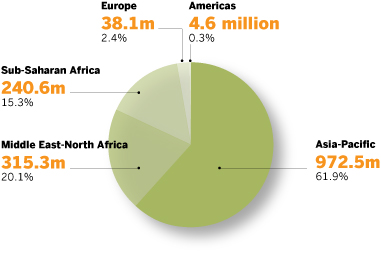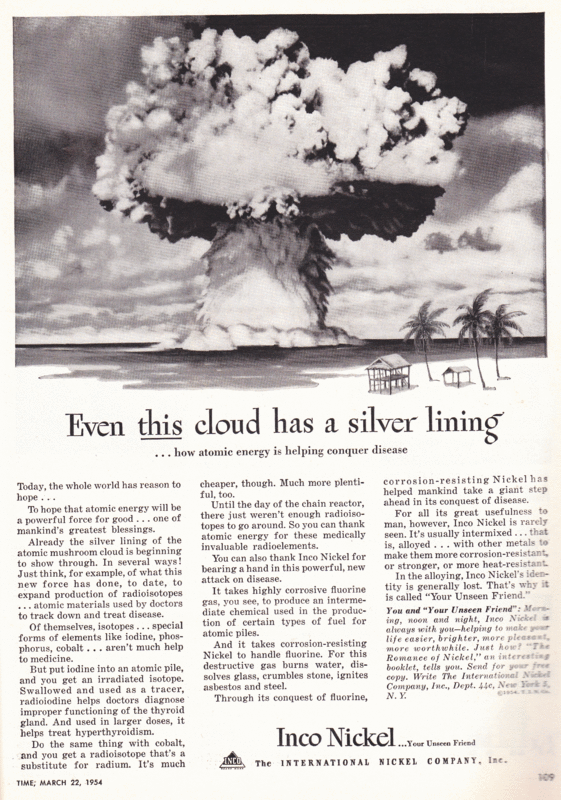I love beer. I also love wine and liquor, but beer’s what I come back to. Beer is plain ol’ delicious: every brand has a distinct flavor and it goes well with food or alone. It’s just intoxicating enough: if I don’t feel like getting wasted, one or two will do me, but steady drinking will get the job done fine if I’m in a partying mood.
My fella and I get tired of the same old, same old beer selection at our local Kroger, so when we travel out of state, we often pick up a lot of regional beers – up to 12 six packs when we have the cash! The beer boxes are my second favorite part of buying the beer after drinking it. Beer packaging is colorful and diverse, and often beautiful*:
The boxes serve as a runner around our walls. They’re a fascinating and unique decorative element of which I’m quite proud and which get a lot of comments from our friends. It’s a good record of our travels and our life together. They are not meant and usually are not read as endorsements of every beer we drink, but are in the context of over a hundred other examples of packaging. Pedestrian PBR is next to regional Yuengling, and obscure Backfin is next to a sampler pack. Every box that we (or occasionally a friend who works at a beer store) consume goes up on our wall, regardless of aesthetic or political merit: they are meant to provoke critique and examination of the relative merits and values in different packages of different beer.
Since I’m surrounded by the boxes all day, I begin to pick up on elements of their design. Namely, that males and whiteness are constantly normalized within the design of the boxes**:
Excepting the daguerreotype-esque Southern Ale, all of the men above are shown enjoying the beer, usually while engaging in their daily duties or in making the beer. The cottonwood man is not actively engaged, but he is holding the wheat that will make the beer, thus conferring involvement in the beer on him. The Highlands man is somewhat othered by the bagpipes, and I’m not sure how the man in the Rogue ale is constructed, but both are drinking and enjoying the beer they’re intended to represent. They are active and involved – not passive, not just drinking the beer, not just there. They are constructed as dynamic and effectual as they drink the beer. And they are all white: men of color are erased in beer packaging as far as I’ve seen.
Now, let’s look at the women that show up on the wall:
Women love to drink. Women love beer. But you would never know it from their scarce representation in beer packaging.
In the beer packages I’ve got up, women are not engaged in the act of drinking the beer that they represent. In fact, they’re not engaged in anything. Except opening their mouths, or, um, being on fire. They’re… objects. More specifically, sexual objects that have in most cases been disembodied. They’re floating heads, with their mouths open.
It gets worse when you look at how, specifically, the women of color are constructed. Look at the “Bad Penny” packaging above, and this one that I recently saw at a music festival:
The black women are constructed as reductive, exotic others, black women whose sexuality exists for the inebriated male gaze. It is not a coincidence that both have afros. Natural hair beautiful and laudatory, but there is only one kind of natural hair here: the style that is often problematized as dangerous and exotic, as another element that makes them an exotic experience for the male drinker.
Their sexuality is especially lacking in agency: the naked woman in the sexual chocolate ads is literally presented as an offering to the male gaze. She’s not engaged with the viewer by drinking, or by making eye contact. She is passive, and coded as naked: she is wearing a tube top, but it’s obscured by lettering of the same color as the top. A cartoon figure, she is not active; she is just there, waiting to be debased.
The “Bad Penny” character is making eye contact, but her eyes are heavily lidded, unlike the white women above. I took the “bad” in the name of the beer to be capitalization on blaxploitation by an alcohol company that aligns itself with kyriarchical forces: it’s the “Big Boss”. If the producer of this beer is the boss, where does that leave the women who hawk it?
Speaking of othering, let’s look at another one I found online:
Note again the heavily lidded eyes, the more explicit nudity. Though she is at least shown to be holding liquid, she’s not drinking it or enjoying it; she’s pandering to the male gaze with an oh-so-subtle finger in her mouth.
This is supposed to construct Aztec culture (which I am not well-versed in discussing). Please note the feathers, the background, and the jewelry as elements of othering and exoticization that I can’t fully articulate. Also not that this is not in a stein, as with most males shown with beer, but in some kind of “primitive”-looking stone goblet.
Women in the marketing of beer is a grim, grim field. Beer is a man’s drink, and women are excluded from independent enjoyment of it. They are not the drinkers of beer; they’re the sex that sells the beer, the static objects of intoxicated lust.
To end on a less grim note, I did come across one ad that struck me as positive:
This woman is not being objectified, or reduced to an othered sexual object. She is normalized by her whiteness, but also by her active enjoyment of beer. She’s drinking, which is what women do with beer.
ETA: meloukhia pointed out this label, which I’d seen before:
While the legs are somewhat sexual, and her eyes are closed, this woman is engaged and active – she is enjoying the beer, and life. Check out the comments for more beer packaging and discussion.
*It should be noted that while I appreciate the aesthetics of this example of packaging, this is an example of how voodoo is problematized and othered – especially when paired with a loaded word like “Dixie”.
**Many, though not all, of these packages repeat the imagery shown here in packaging of other varieties of beer.
—————————–
Rachel McCarthy James is a writer and tutor living in Virginia. She writes about feminism and stuff at Deeply Problematic.
If you would like to write a post for Sociological Images, please see our Guidelines for Guest Bloggers.











